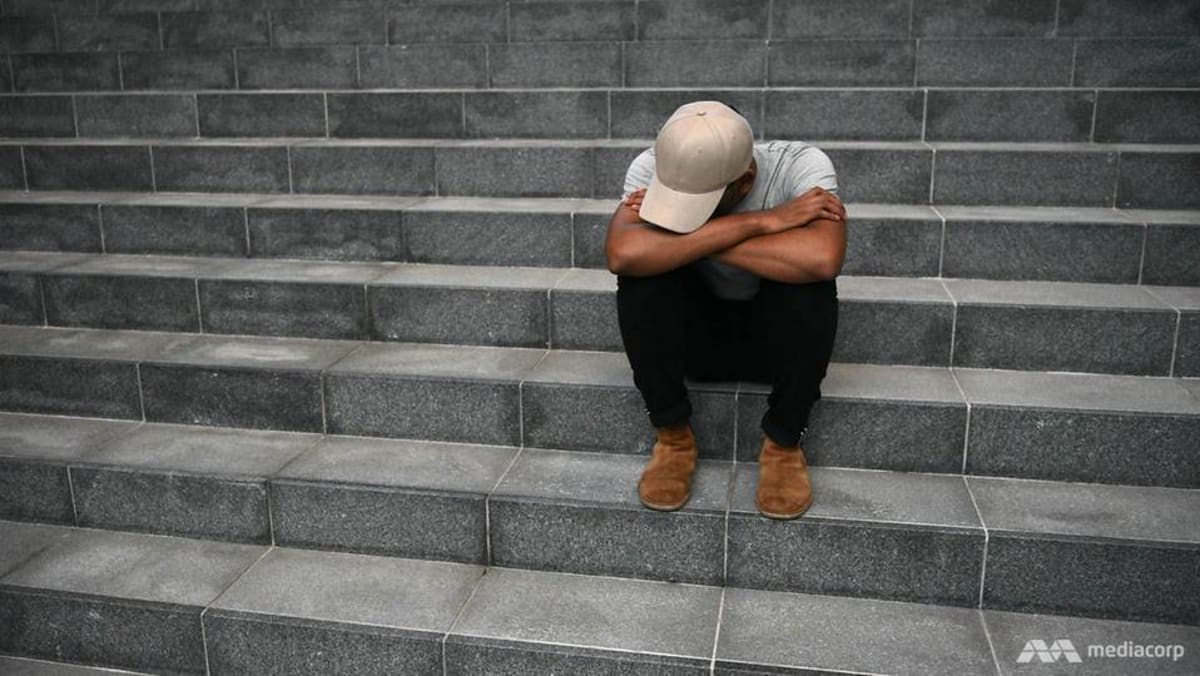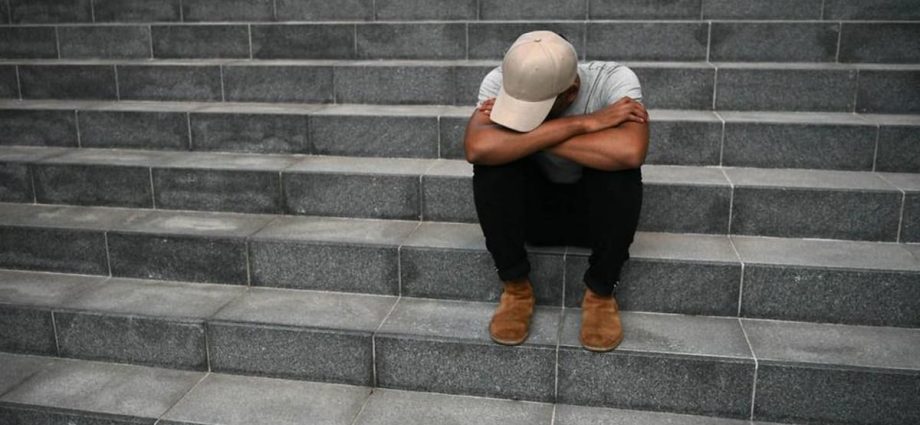
“The stress of reduced personal space and options for leisure inevitably reduces life to just work or school within the confines of our home environments,” said Dr Zheng, who observed that a lack of work-life balance and social isolation caused more of her patients to experience burnout during the pandemic.
COVID-19 restrictions hurt people’s ability to take “micro steps” to manage stress, such as meeting friends and working out at the gym, and made “macro steps” like travelling harder too, said psychologist Muhammad Haikal Jamil of ImPossible Psychological Services.
The pandemic’s economic impact also made workers more vulnerable to burnout, although this could develop along two very different trajectories.
On the one hand were high performers from industries that were in demand during the pandemic, who pushed themselves to make the most of this time by doing more.
“A lot of these high performers viewed these past two years as a chance to capitalise. It’s like … ‘It’s booming now, I better work harder,’” said Ms Crystal Lim-Lange, co-founder of leadership consultancy Forest Wolf.
On the other hand were people for whom business was going badly, and for whom the pandemic was a stressful and demoralising time, she said.
These developments meant that generally, more people sought mental health support during the pandemic, those working in the industry told CNA.
WHY SINGAPORE?
But outside the pandemic, is there something about how people live, work and play in Singapore that makes workers here more susceptible to burnout?
“We are the nation that sleeps the least in the entire world,” said Ms Lim-Lange, adding that sleep is intricately linked to mental health and resilience.
Singapore regularly features in global rankings of the most sleep-deprived cities, and last year topped a list of “fatigued cities” compiled by a UK bedding manufacturer.
Workers in Singapore sleep less, have poorer focus and are more distracted in part because of high Internet and mobile phone usage, said Ms Lim-Lange.
They tend to be bad at maintaining digital boundaries and asserting work-life boundaries, she added. At the same time, they are prone to avoiding conflict.
“People don’t know how to have difficult conversations and that is behind a lot of the burnout,” said Ms Lim-Lange.
“Singaporeans are so notoriously conflict-avoidant that they would just rather quietly look around for another job and resign … than have that painful discussion with a boss (to say): ‘Hey, actually I’m struggling, I need a little bit more support from you.’”
“We see a lot of people not voicing out that they’re struggling, and then that doesn’t give the manager an opportunity to change anything,” said Dr Greg Lim-Lange, psychologist and co-founder at Forest Wolf.
“So step number one is that the employee really has responsibility to voice out when they’re overwhelmed, when something isn’t working out, and hopefully that can lead to some discussion around what can be changed.”
Another factor is that Singapore usually houses satellite or regional headquarters, meaning that many employees work late at night to match the business hours of global headquarters in other time zones, said Ms Lim-Lange.
ZOOMERS AND MILLENNIALS
Burnout was the top cause of deteriorating mental health chosen by survey respondents in Singapore between the ages of 18 and 39, which spans zoomers and millennials.
Those in their 40s chose burnout and the financial burden from loss of income as equally responsible for worse mental health, while people in their 50s and above pointed to COVID-19 restrictions and constrained social interactions instead.

